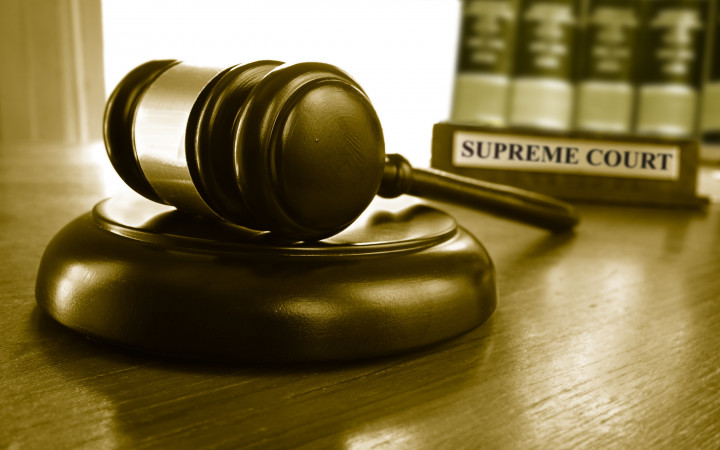Today’s Wonder of the Day was inspired by Sophie from Columbia, SC. Sophie Wonders, “Who was Thurgood Marshall?” Thanks for WONDERing with us, Sophie!
He helped outlaw segregation. He fought for civil rights. He was a lawyer, a leader, and the first Black person to serve on the Supreme Court. Who are we talking about? Thurgood Marshall, of course!
Thurgood Marshall was born on June 2, 1908. His father, a writer and waiter, was deeply interested in the law. He often sat in on court cases in Baltimore, Maryland. Sometimes, he brought young Thurgood with him. Marshall’s mother was a teacher and helped Thurgood understand the importance of learning.
Despite this desire to learn, Marshall often got in trouble at school. Several times, he was required to read the U.S. Constitution after breaking rules. By the end of high school, Marshall had memorized much of the Constitution. Of course, this would come in handy later in his career.
While in college at Lincoln University, Marshall realized he wanted to become a lawyer. He applied to attend law school at the University of Maryland. However, the school turned him down. At than time, it did not accept non-white students. Instead, Marshall studied at the renowned Howard University, a historically Black school.
After passing the Maryland bar exam, Marshall opened his own legal practice. He went right to work. He took on many cases that challenged segregation and discrimination. In 1935, Marshall won a suit against the University of Maryland. It ended the school’s practice of rejecting students based on race.
Marshall also worked on many cases pro bono. He helped people fight against police brutality. He also represented many tenants in cases against evictions and unfair landlords.
Soon, Marshall was arguing—and winning—cases before the Supreme Court of the United States. In 1954, he won the case Brown v. Board of Education. In this case, the Court outlawed racial segregation in public schools.
Marshall went on arguing in favor of civil rights and equal protection for all U.S. citizens. Then, in 1967, President Lyndon B. Johnson nominated him to become a Supreme Court justice. The Senate approved his nomination, making Thurgood Marshall the first Black Supreme Court justice in history.
Justice Thurgood Marshall continued to support civil rights. He ruled against discrimination in many cases heard before the Supreme Court. He retired from the Court in 1991. Only two years later, he passed away from heart failure.
Thurgood Marshall lived an inspiring life. What do you think gives people like Marshall the drive to make a difference? What cause might push you to work hard like Marshall did? Maybe you’ll sit on the Supreme Court someday, too!
Standards: C3.D2.Civ.12, C3.D2.Civ.14, CCRA.R.4, CCRA.L.3, CCRA.L.6, CCRA.R.2, CCRA.R.10, CCRA.R.1, CCRA.SL.1, CCRA.L.1, CCRA.W.2, CCRA.SL.1, CCRA.L.2, CCRA.SL.3




